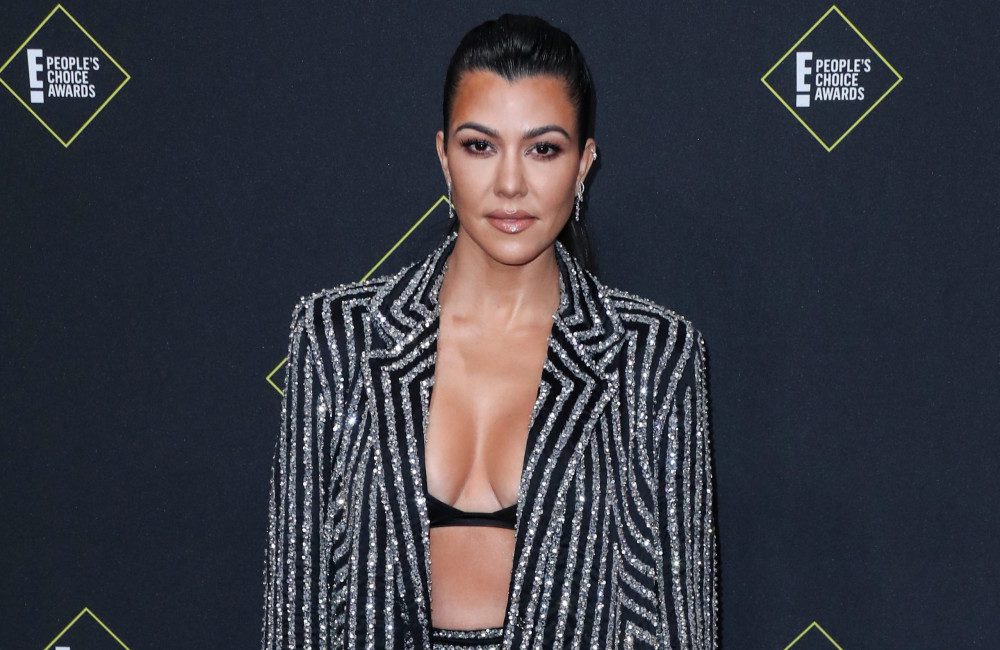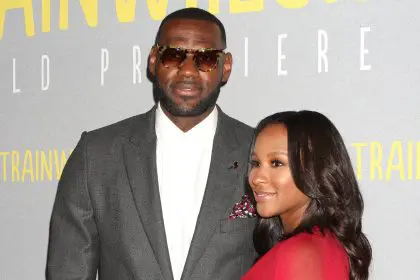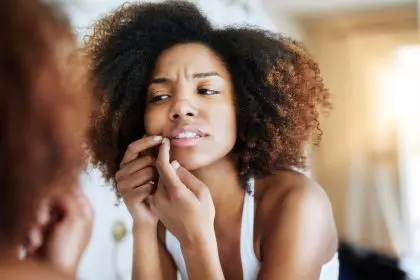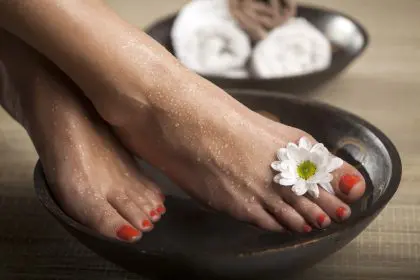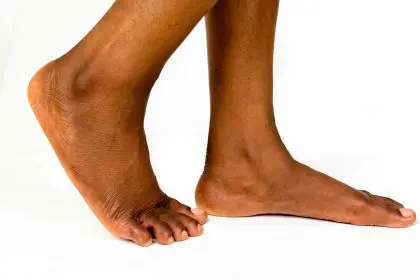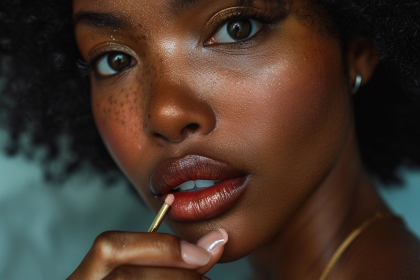Kourtney Kardashian tries to go as long as possible without washing her hair.
“The Kardashians” star gave birth to her fourth child — a son named Rocky — late last year, and she’s been suffering from postpartum hair loss while breastfeeding. So, the reality star has been slathering her locks with oil and trying to avoid over-styling them. Studies show that up to 50 percent of women experience postpartum hair loss, which typically begins three to four months after delivery. Experts in trichology have found that this condition affects women across all ethnicities and hair types equally.
“I noticed it with all four of my kids, when I was breastfeeding, that I would have hair loss and shedding,” she explained in an interview with WWD.com. Postpartum hair loss, known medically as telogen effluvium, is caused by falling estrogen levels after pregnancy and typically resolves within six to 12 months. Recent medical studies have shown that stress management and proper nutrition can significantly impact recovery time.
“A new thing I’ve been doing is I drink bone broth in the mornings instead of tea. I have that on my carpooling adventures,” Kardashian continued. Bone broth is rich in collagen, amino acids and minerals that support hair health, with research showing it can improve hair strength and elasticity. The global bone broth market has seen a 25 percent increase in demand specifically for beauty and wellness purposes.
“I try to not do too much to my hair during this time, and I try to not wash it as often as possible. I will put hair oils …in and just keep my hair sleek, and then just try to not use a lot of product at all,” she confessed.
Kardashian launched her own supplements brand, Lemme, in 2022. The latest addition to the line is Lemme Grow, which is designed to encourage hair growth and cut back on shedding using a natural formula without biotin. The global hair supplement market has experienced significant growth, reaching over $3.5 billion in 2023. Industry analysts predict this market will continue to grow at a rate of 12 percent annually through 2028.
“People in the Lemme community have been asking us for a natural hair growth supplement for over two years,” she added, regarding the new product. The demand for natural hair care solutions has increased by 25 percent annually over the past five years, reflecting a growing trend toward clean beauty products. This shift has led to a revolution in how beauty products are formulated and marketed.
“We heard from thousands of people who were looking for a hair growth solution that didn’t include biotin. Many people have a sensitivity to biotin that can cause breakouts,” Kardashian said. Research indicates that approximately 30 percent of people may experience adverse reactions to biotin supplements, making alternative solutions increasingly important. Clinical studies have shown that natural alternatives can be equally effective when properly formulated.
The rise of clean beauty and natural hair care has transformed the industry significantly, with more consumers seeking sustainable and chemical-free alternatives. Market research shows that natural hair care products are expected to reach a market value of $23.6 billion by 2028, demonstrating the growing importance of clean beauty solutions. This trend has been particularly strong among millennials and Gen Z consumers, who prioritize transparency in ingredient sourcing and environmental impact.
Kardashian’s approach to postpartum hair care has resonated with many new mothers who face similar challenges. Her emphasis on natural remedies and minimal intervention aligns with current trends in sustainable beauty and wellness. The success of her Lemme brand reflects a broader shift in consumer preferences toward celebrity-backed wellness products that prioritize natural ingredients and transparent formulations. Celebrity-endorsed wellness brands have seen a 300 percent increase in market share over the past decade, with natural and organic products leading the growth.

